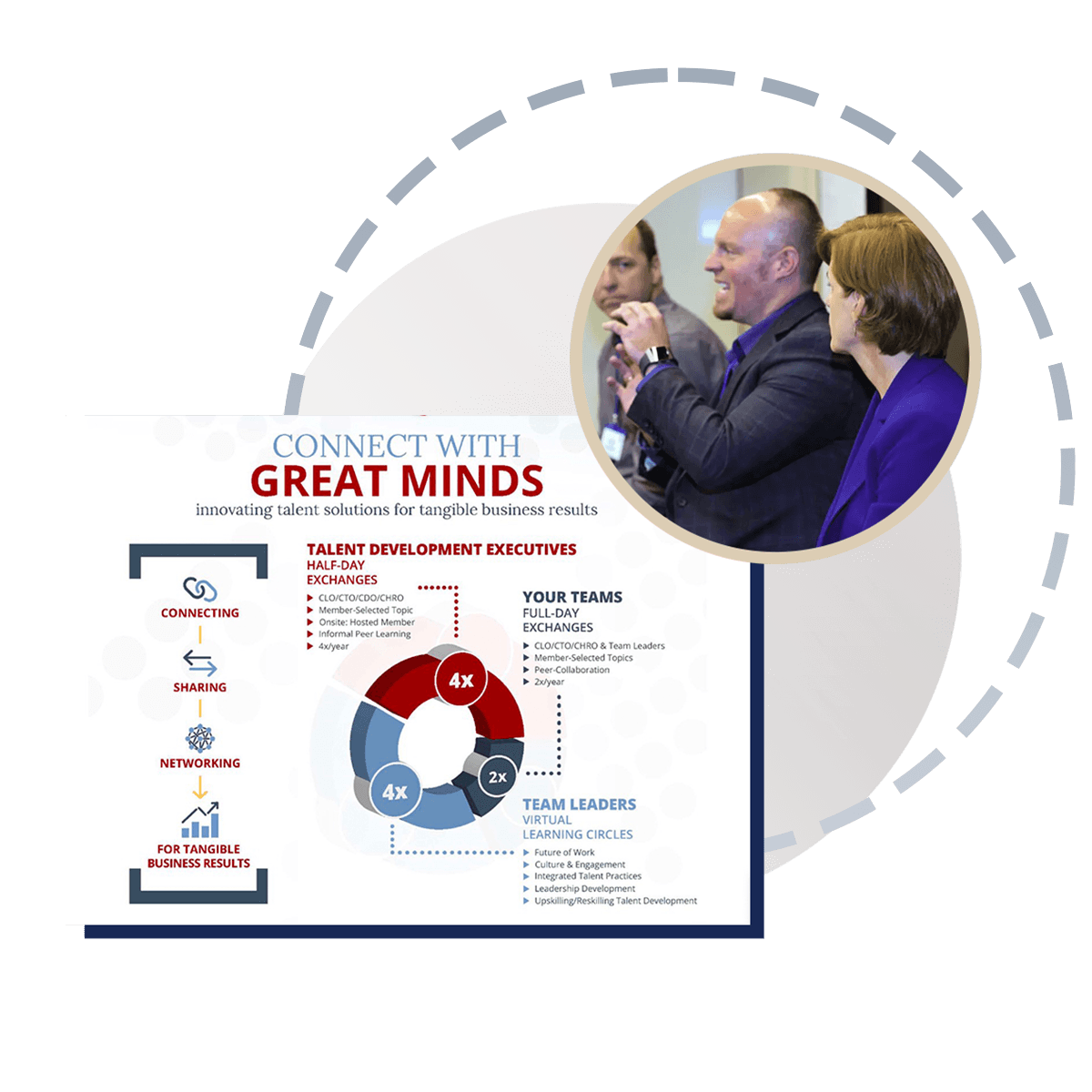This live discussion with experienced talent executives, mostly ex-Accenture, made one thing clear: skills are more than a talent metric—they’re the language of business capability. When viewed as data, skills connect individual growth to enterprise agility, shifting the conversation from headcount to capability management.
Craig Friedman reminded us that:
“Skills are both people data and business data. That shift takes us from counting heads to managing capabilities.”
That single shift reframes how talent leaders partner with the business. Instead of defending headcount, we’re managing capabilities that drive agility, growth, and performance.
But, as Heber cautioned:
“Skills data only matters if it’s accurate. Decisions are only as strong as the confidence you have in the data.” -- Heber Sambucetti, Skillsoft
Confidence in your data determines whether leaders trust skills intelligence to shape pay, succession, and workforce planning.
And as Craig warned, complexity is the enemy:
“If your taxonomy is exploding, step back. Keep the skill the skill—and separate the context.”
The conversation didn’t just redefine skills—it revealed what leaders must prioritize to make skills strategy work in practice
Key Takeaways:
🔹 Skills are strategic currency, bridging individual growth with enterprise capabilities.
🔹 Data quality is non-negotiable—without it, business decisions crumble.
🔹 Start where the business hurts; pilots anchored in real challenges prove value fast.
🔹 Simplicity wins—overbuilt taxonomies collapse under their own weight.
🔹 AI is an accelerant, not a replacement; governance keeps it usable.
Practical Actions for Talent Leaders:
✅ Frame conversations with executives around capability, not headcount.
✅ Audit skills data before using it to drive staffing, comp, or workforce plans.
✅ Launch a pilot tied to a pressing business problem to win support and credibility.
✅ Establish governance guardrails early: clear definitions, owners, and refresh cycles.
✅ Use AI smartly—let it speed tagging and content, but apply governance filters.
Skills strategy isn’t about boiling the ocean. It’s about building trust, proving value, and scaling what works—step by step.
Which of these actions feels most urgent in your organization right now? Let’s continue this conversation in the ELE Idea Exchange.
